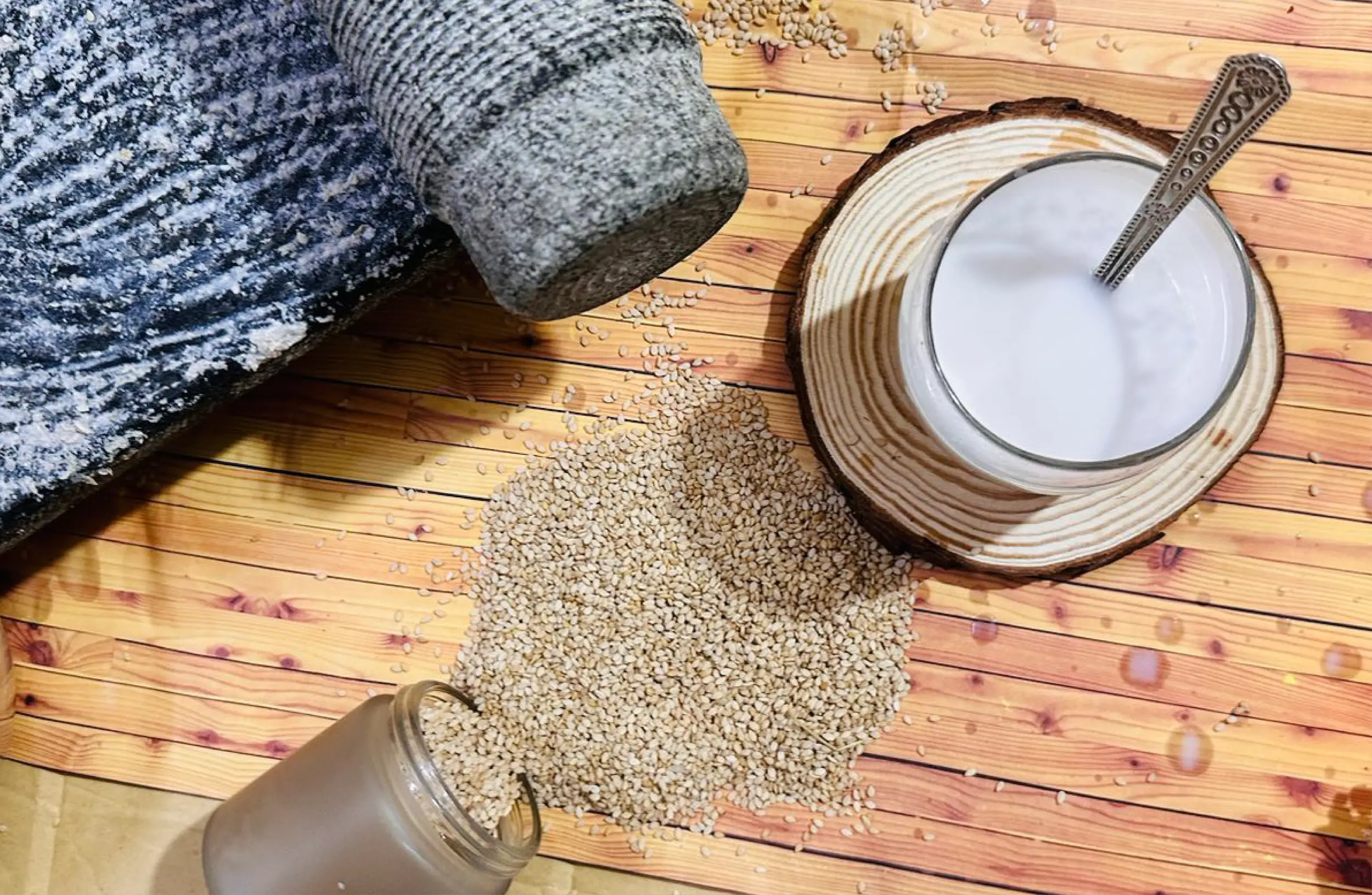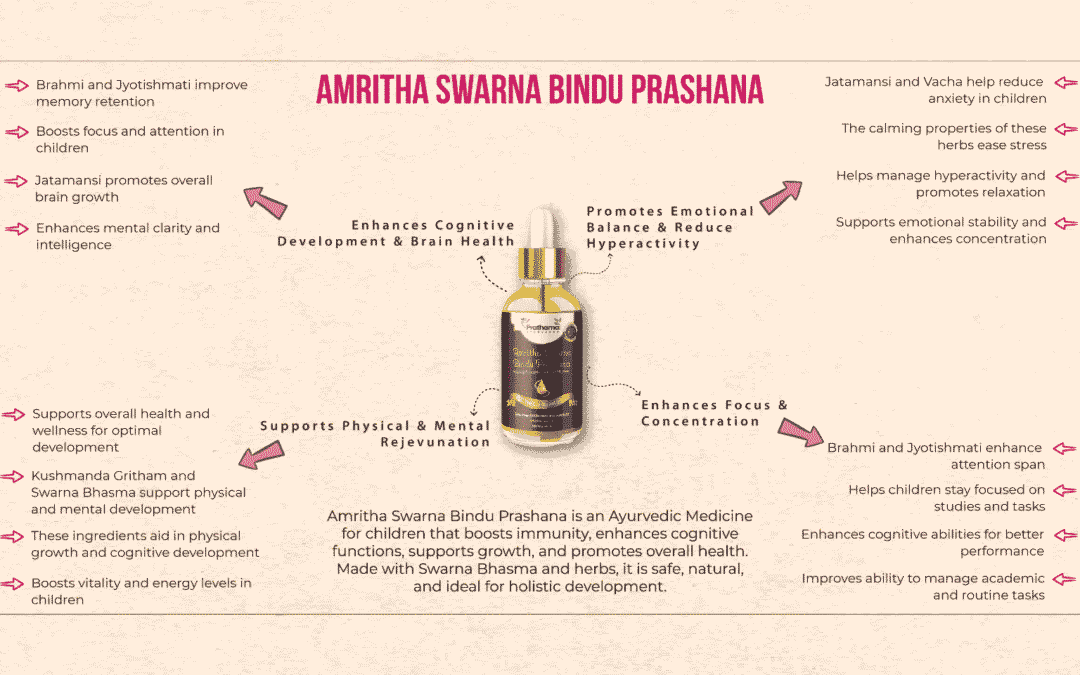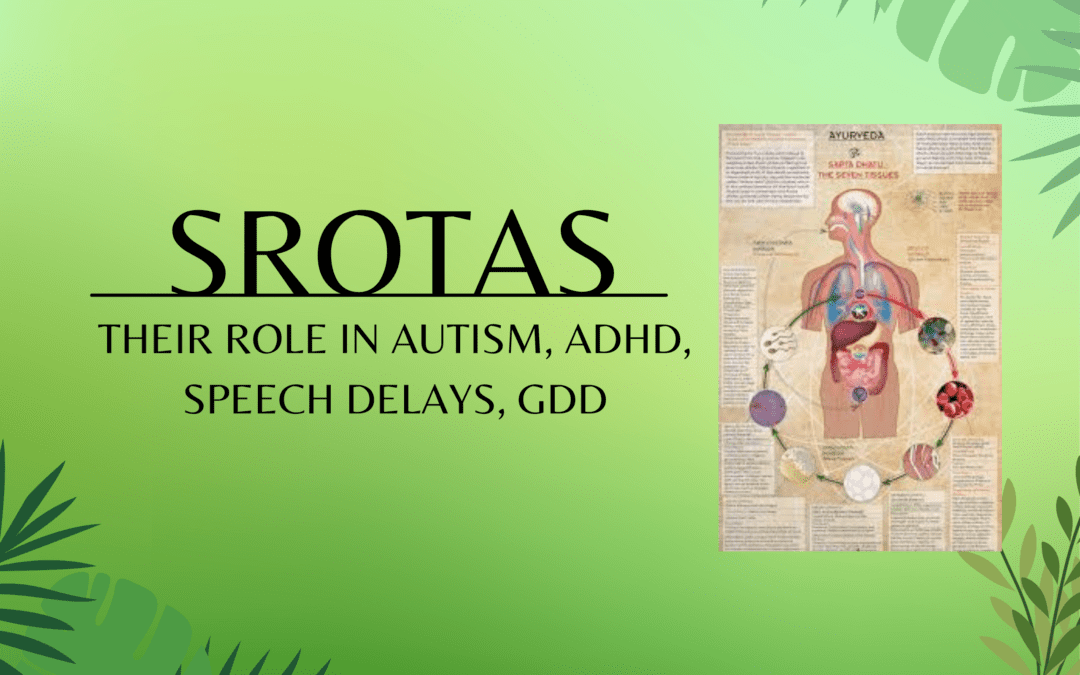You may have heard about soy milk, almond milk, or oat milk, but might not be aware of the sesame seeds milk.
Sesame (Sesamum indicum L.) belonging to the order tubiflorae, family Pedaliaceae, is a herbaceous annual plant cultivated for its edible seed, oil, and flavorsome value. It is also known as gingelly, til, benne seed, and popularly as “Queen of Oilseeds” due to its high degree of resistance to oxidation and rancidity. Sesame seed contains 50-60% of high-quality oil which is rich in polyunsaturated fatty acids (PUFA) and natural antioxidants, sesamin, sesamolin, and tocopherol homologues.
So here is the brief what you need to know about sesame seeds milk:
Sesame seeds have several possible health benefits and have been utilized in folk medicine for thousands of years. They may guard against heart disease, diabetes, and arthritis and also have a significant role in Autism. Children with autism often encounter signs like chronic diarrhea, rashes, stomach cramps, poor sleeping patterns, and irritable behavior.
Dairy products are not the choice of products in most of the children with allergies; somehow, they trigger the symptoms. The theory behind this is that dairy products contain gluten and casein, which are quite hard to digest for autistic children.
Their over-stimulated mood regulates the blood flow out to the limbs for the “flight or fright” form away from the digestive tract making it difficult to ingest foods like gluten and casein even make its breakdown quite challenging. Although in Ayurveda cow milk is not fully avoided if the child’s body is comfortable with this.
Limited diets work well with children with autism; that’s why sesame seeds milk is recommended in children.
Let’s talk about sesame seeds milk nutritional value –
Sesame seeds milk is a magnificent source of plant-based calcium. One glass of this recipe contributes 40% of the Daily Value. That´s approximately double the amount that is present in the milk of a cow. Also, it’s an excellent source of non-heme iron (33% DV), zinc (21% DV).
Sesame seeds are considered as valuable foods as they enhance the diet with the pleasing aroma and flavor and offer nutritional and physiological benefits. Recent studies on the antioxidant and anti-carcinogenic activities of sesame seed have greatly increased its applications in health food products that assert for liver and heart protection and tumor prevention.
Sesame seed is high in protein, vitamin B1, dietary fiber as well as an excellent source of phosphorous, iron, magnesium calcium, manganese, copper, and zinc. In addition to these important nutrients, sesame seeds contain two unique substances, sesamin, and sesamolin. They have been linked with heart, bone, skin, and oral health as well as improving sleep, mood.
Antioxidant properties of sesame fractions
Foods of plant origin are known to provide a complex mixture of natural substances with antioxidative effects. Such antioxidant activity appears to be closely related to the prevention of degenerative diseases such as cancer, cardiovascular diseases, atherosclerosis, and the process of aging.
Sesame seeds contain a group of phenylpropanoid compounds, namely lignans, an innate non-enzymatic antioxidant defense mechanism against reactive oxygen species which play a vital role in health promotion.
Sesame lignans have various pharmacological properties, e.g. antioxidant activity, antiproliferative activity, and responsible for enhancing the antioxidant activity of vitamin E in lipid peroxidation systems, lowering cholesterol levels, increasing hepatic fatty acid oxidation enzymes and show antihypertensive effects.
Apart from sesame lignans, sesame seed and oil also contain other important biologically active compounds such as vitamin E (tocopherol homologues), especially γ-tocopherol
From an ayurvedic point of view –
Sesame seeds have a bitter, pungent, and sweet taste; they enter the body with a very quick absorption level.
- They are known to balance the Vata(vataghna),
- detoxify the body(vishghna)
- It promotes intelligence and also improves digestion.
- Sesame seeds milk has excellent properties, and its milk is highly prescribed in children with autism
Sesame Seeds Milk Recipe:
If you prefer to give sesame seed milk to your child then find out the details to sweeten the milk;
Ingredients you need;
- 25gms seeds
- 250ml water
- Honey as per the taste
Instructions
- 25gms seeds will be added in the 250ml water
- soak the seeds for at least 1 hour
- After then grid it and collect the milk by filtering it in a glass.
- Then at last you can add honey as per your child’s taste requirements.
This is how you can sweeten the sesame seeds milk for your child, but before you decide to add it in the diet it’s always good to consult with the doctor. For a consultation, you can contact us at +91 99897 59719 or also visit our website https://www.autismayurvedam.com/






0 Comments